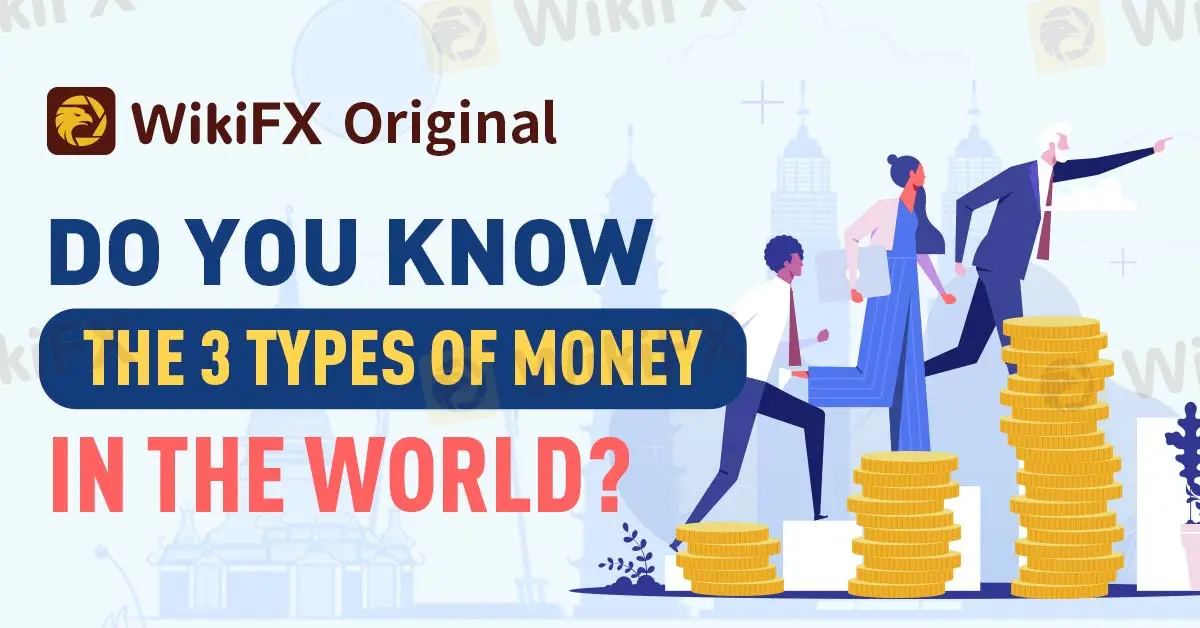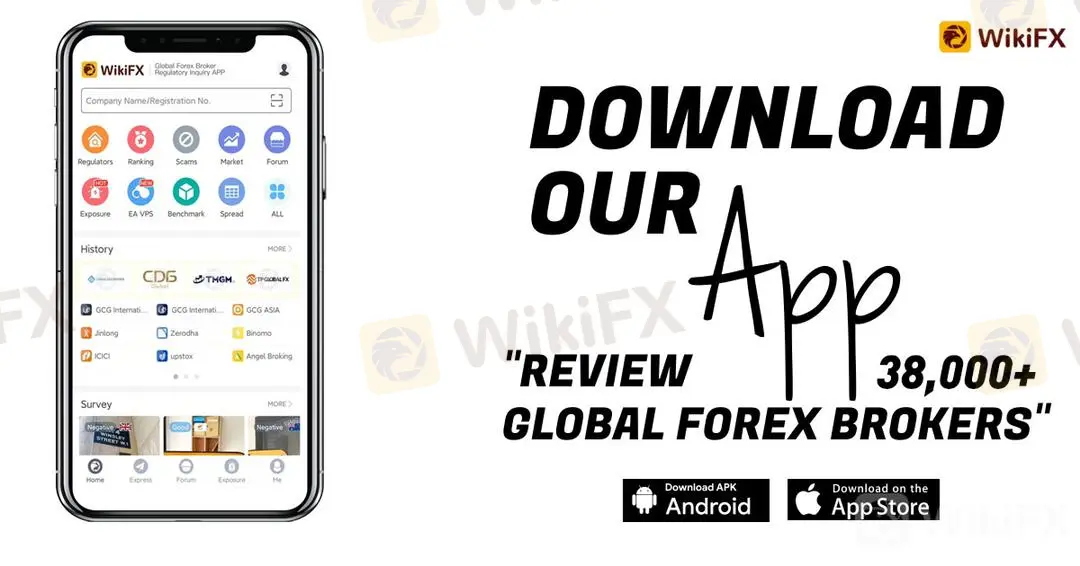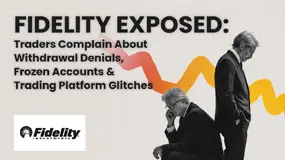简体中文
繁體中文
English
Pусский
日本語
ภาษาไทย
Tiếng Việt
Bahasa Indonesia
Español
हिन्दी
Filippiiniläinen
Français
Deutsch
Português
Türkçe
한국어
العربية
Do You Know the 3 Types of Money in the World?
Abstract:In this day and age, the masses have been brainwashed to believe that money is everything. Many equate having money to having happiness, success, social status, and everything else that matters. Although it is not an absolute fact, there is some degree of logic behind the obsession with money today.

Despite dealing with money on a day-to-day basis and having a certain degree of obsession with money, do you know the 3 types of money in the world? Money is not solely the numerical figures in your bank account or the cash you hold in your hands. It is more than that, so keep reading for more.
Money as a financial instrument can be divided into three types. Though many other derivative products carry intrinsic monetary values, they are not accepted as an immediate payment form that could be used in exchange for goods and services.

Commodity money is a financial instrument that has been around for the longest period. In the olden days, humans used salt, beads, seashells, tobacco, silver, and gold as money in exchange for goods and services. As civilization advanced, a standardized system of trade was also developed. Unlike later forms of money, commodity money has a tangible store of value that is believed to withstand the test of time as its physicality gives users confidence in it. The commonly acknowledged and accepted commodities are gold, silver, uranium, and more.

Fiat money originated as pieces of paper during the Chinese Tang dynasty in the 11th century, making China the first country to use fiat money. Government officials authenticated Fiat money as a legal tender. It is not backed by any commodity, such as gold or silver. It could neither be redeemed nor converted. Its value is derived from government backing, allowing individuals and businesses to place their trust in it as long as they have faith in their government.

Representative money is a government-created instrument backed by a commodity or fiat currency. It generally represents something valuable but has little or no intrinsic value. Checks, credit cards and fiat money are the main examples of representative money that we use on a daily basis. The value of presentative money is derived from the government or the financial institutions that support it.

Disclaimer:
The views in this article only represent the author's personal views, and do not constitute investment advice on this platform. This platform does not guarantee the accuracy, completeness and timeliness of the information in the article, and will not be liable for any loss caused by the use of or reliance on the information in the article.
Read more

Man Arrested in Rome Over €50M Forex and Crypto Scam Targeting German Investors
According to the report, an Israeli national has been arrested in Rome in connection with a sprawling €50 million forex and cryptocurrency investment scam that allegedly defrauded hundreds of investors across Europe, including victims in Germany, Austria, and Switzerland.

Polymarket Onboards First US Users Since 2022 Shutdown: Beta Relaunch Signals Major Comeback
Crypto-based prediction platform Polymarket has officially begun onboarding select U.S. users for real-money betting, marking its first return to the American market since a regulatory shutdown in 2022.

WikiEXPO Global Expert Interviews: Gustavo Antonio Montero: ESG in Finance
As WikiEXPO Dubai concludes successfully, we had the pleasure of interviewing MR. Gustavo, the Chairman and Founder of Carter Capital Management. (Sustainable Digital Assets Management) and Palmer Advisory and Consulting. Palmer is a global business that develops advanced fintech/digital technology solutions and works with Blockchain technologies.

Fidelity Exposed: Traders Complain About Withdrawal Denials, Frozen Accounts & Platform Glitches
Does Fidelity Investments prevent you from accessing funds despite numerous assurances on your requests? Do you witness an account freeze by the US-based forex broker every time you request withdrawal access? Do you struggle with an unstable trading platform here? Is the slow Fidelity customer service making you face forced liquidation? These issues haunt traders, with many of them voicing their frustration on several broker review platforms such as WikiFX. In this Fidelity review article, we have shared quite a few complaints for you to look at. Read on!
WikiFX Broker
Latest News
Consob Targets Political Deepfake “Clone Sites” and Unlicensed Platforms in Latest Enforcement Round
WikiEXPO Global Expert Interviews: Gustavo Antonio Montero: ESG in Finance
2 Malaysians Arrested in $1 Million Gold Scam Impersonating Singapore Officials
Is FXPesa Regulated? Real User Reviews & Regulation Check
Fraud Mastermind Zhimin Qian Sentenced to 11 Years for $6.6 Billion Bitcoin Ponzi Scheme
Almahfaza Broker – 2025 Review: Safe or Scam?
Uniglobe Markets Review 2025: A Complete Guide to an Unregulated Broker
INZO Broker No Deposit Bonus: A 2025 Deep Dive into Its Offers and Risks
Exness Broker Expands in South Africa with Cape Town Hub
Global Guide to Finding Forex IBs/Brokers — Share Your Pick and Win Big!
Currency Calculator



